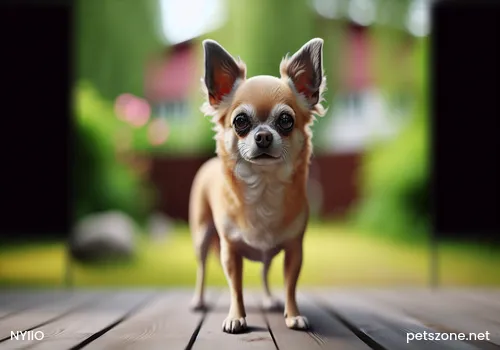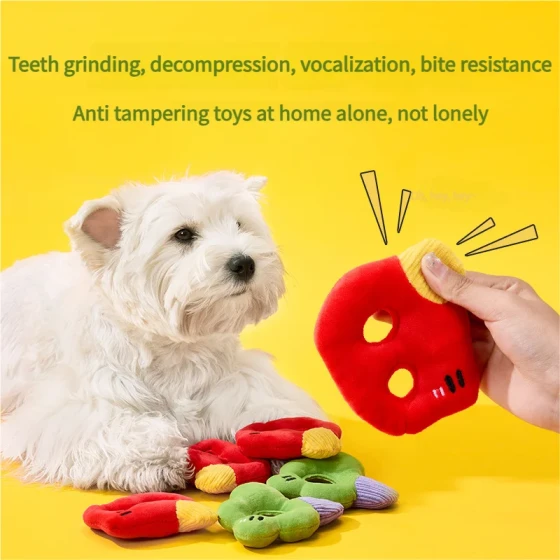How to Do a Good Job Educating Akita Puppies

Akita Dog (Detailed Introduction)
The Akita is a very common breed in Japan. Many people probably became interested in this dog after watching the movie "Hachi: A Dog's Tale." However, it is known from the film that very few Akitas become as dependent on their owners as Hachiko did. They are comparatively more independent and not particularly easy to train. But providing good education for your dog from an early age greatly influences its future life.
For dogs, 1-3 months is a critical period affecting their whole life and an important stage for socialization and domestication. A dog’s temperament is largely determined in this period. At this age, puppies are very curious about their surroundings, have the strongest adaptability, are more likely to establish good relationships with humans, and develop a gentle character. If the puppy’s vaccinations are complete, you can take it outside to explore. Keeping a puppy locked indoors all day can have negative effects. Early exposure to the outside world is beneficial later on. When going out, it is not necessary to put the dog on a leash always; let the dog walk by itself. Whether you hold it in your arms or place it in a dog basket, it’s fine. Taking the dog out and allowing strangers to hold or pet it helps it adapt to human society. As the dog grows, it won’t tremble nervously at the door or show defensiveness towards strangers or other dogs.

Frequently interact with your dog and perform small actions that promote bonding
In fact, small daily actions can have a certain effect on dogs. For example, petting may seem minor but is very beneficial to a dog. Many dogs dislike having their ears cleaned, nails trimmed, or tails touched because they were not accustomed to being petted from an early age, and thus instinctively protect vulnerable areas. If a dog is aggressive and resists being touched, food rewards can help with training. Feeding the dog treats while touching its body teaches the dog that being touched means getting food. Eventually, the dog will be open to having previously prohibited areas touched.
Most people think that if a dog is disobedient, it should be punished harshly. This is actually incorrect. Hitting or scolding only causes the dog to feel "hostile" and "fearful," and the dog only remembers the fact of being hit rather than the reason. Appropriate reprimands combined with ignoring the dog temporarily may have better effects.
Besides maintaining leadership, praise is also very important during training. When a dog does well, directly praise it by saying, "You did great!" Dogs with strong obedience instincts will think, "The owner praised me; next time I should do what will earn praise," and thus try harder. A balance of kindness and discipline produces complementary effects. When the dog completes a command, immediately say "Very good" and gently stroke its chin. This creates a feeling of happiness in the dog, which helps further training.
These are training tips designed according to a dog’s nature. They can make your dog more obedient. Genuine effort is definitely the key to success. However, excessive pampering out of ignorance can make a puppy spoiled and disobedient; even the most loving owner will eventually be overwhelmed. Some dogs may seem indifferent, but this may simply be their personality—Akitas are no different. Yet, as long as the owner is fully dedicated, the dog will develop a dependency and closeness towards its owner.



